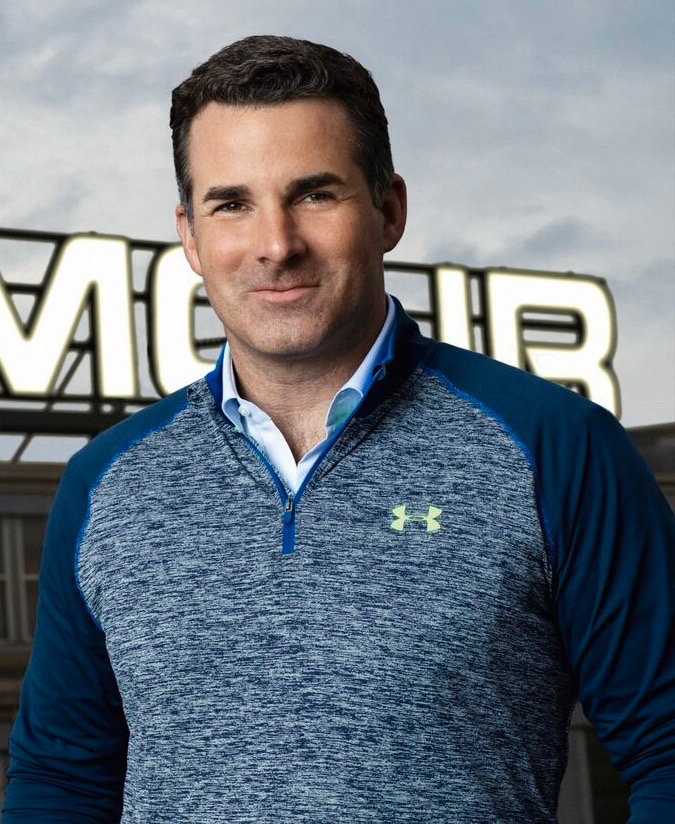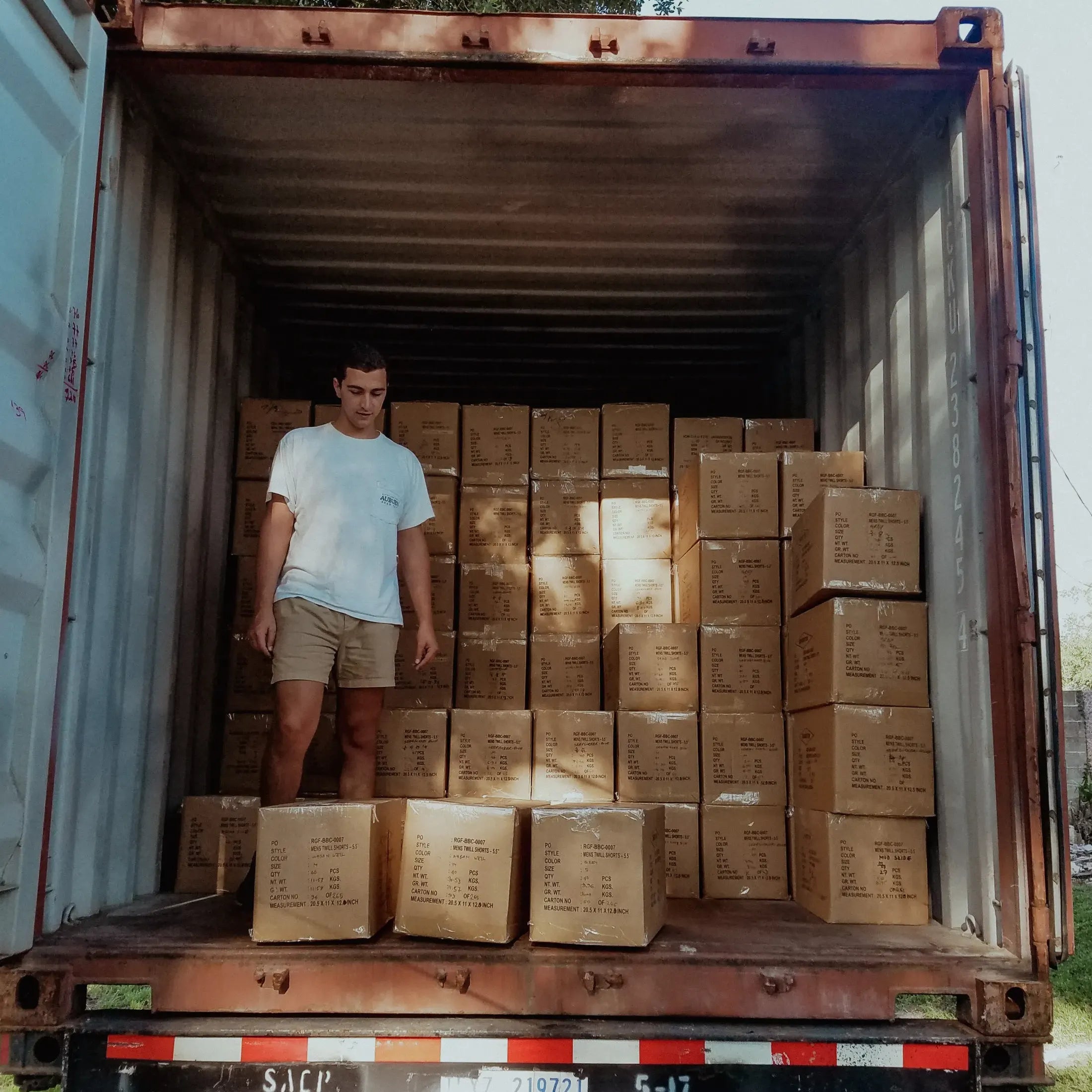Meet Mikey Wren: 10-year-old business owner and best-selling author | ksdk.com
Mikey Wren is a business owner that started his own business while still in elementary school. He saw a need through his hunger and sweet tooth and created his own vending machine business. With such a simple, kid-like desire, that people never grow out of, he accidentally stumbled upon a business idea that had worth in it. Even though it’s simple, it’s an idea that creates value, especially to him in his life. While creating this business, he had to make small sacrifices along the way, but sacrifices that may seem big to a child his age. These sacrifices included not getting gifts for Christmas one year and instead asking for money toward his business. There were many steps to creating his business, but slowly but surely, he finally did it and started making a profit. Every sacrifice and time put in by him and his parents turned out to be worth it. His determination right after he got the business idea to actually create it, especially at his age, is very unique and inspiring. He had a simple idea in mind where he just wanted to eat his favorite snacks, but he chose to share that simple joy in life with other people and be a role model. He has even written his own book, when he was just 10, where he inspires others to do as he did and follow their passions into a business.
 You might not know who Kevin Plank is, but at a place like Grove City College, his business is literally all around you. Kevin Plank is the creator of Under Armour. Picture this: you’re in the mid-’90s, and you’re a college football player frustrated with how sweaty and uncomfortable your workout gear is. While most of us weren’t even born yet, Plank was on a mission to revolutionize sportswear that we all know and love today. That probably makes you feel old.
You might not know who Kevin Plank is, but at a place like Grove City College, his business is literally all around you. Kevin Plank is the creator of Under Armour. Picture this: you’re in the mid-’90s, and you’re a college football player frustrated with how sweaty and uncomfortable your workout gear is. While most of us weren’t even born yet, Plank was on a mission to revolutionize sportswear that we all know and love today. That probably makes you feel old.
 Where most of us think of entrepreneurship as this world where we constantly come up with first-world ideas, one person went to a third-world place for innovation. Robert Felder’s story embodies not just innovation but also empathy. His journey began in high school with a transformative trip to South Asia, where he saw that while Bangladesh being a major apparel manufacturer, its people lacked basic clothing, and this deeply affected him. When he came home to the humid Florida winter, he couldn’t find any shorts he liked. These experiences became the driving force behind the company he founded right out of high school, Bearbottom.
Where most of us think of entrepreneurship as this world where we constantly come up with first-world ideas, one person went to a third-world place for innovation. Robert Felder’s story embodies not just innovation but also empathy. His journey began in high school with a transformative trip to South Asia, where he saw that while Bangladesh being a major apparel manufacturer, its people lacked basic clothing, and this deeply affected him. When he came home to the humid Florida winter, he couldn’t find any shorts he liked. These experiences became the driving force behind the company he founded right out of high school, Bearbottom.
